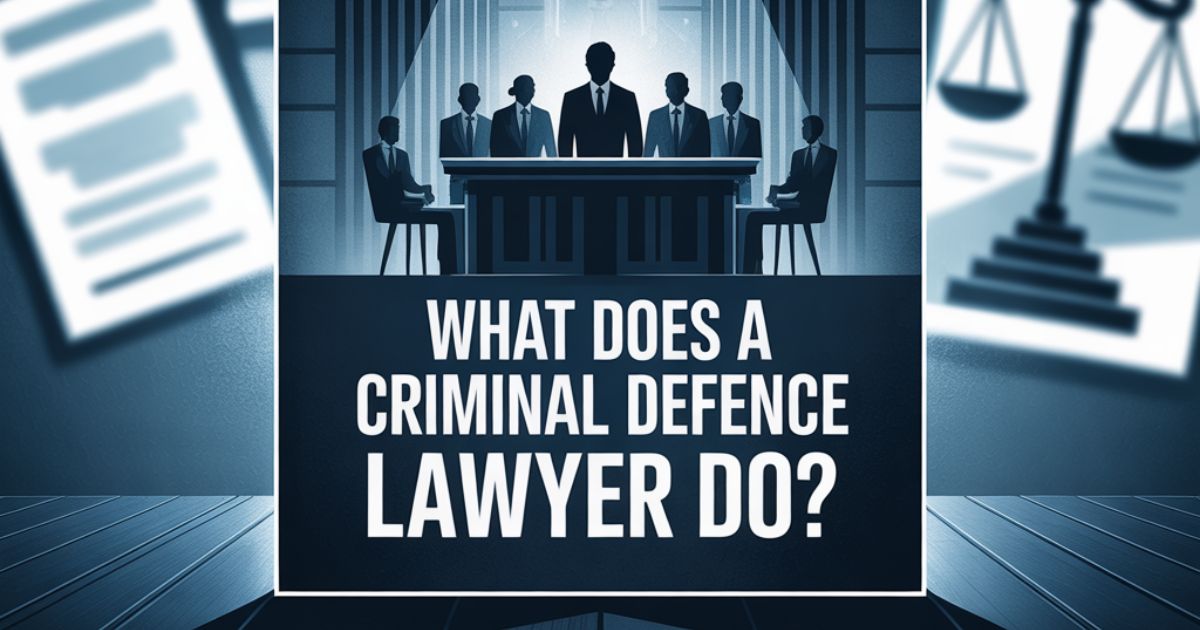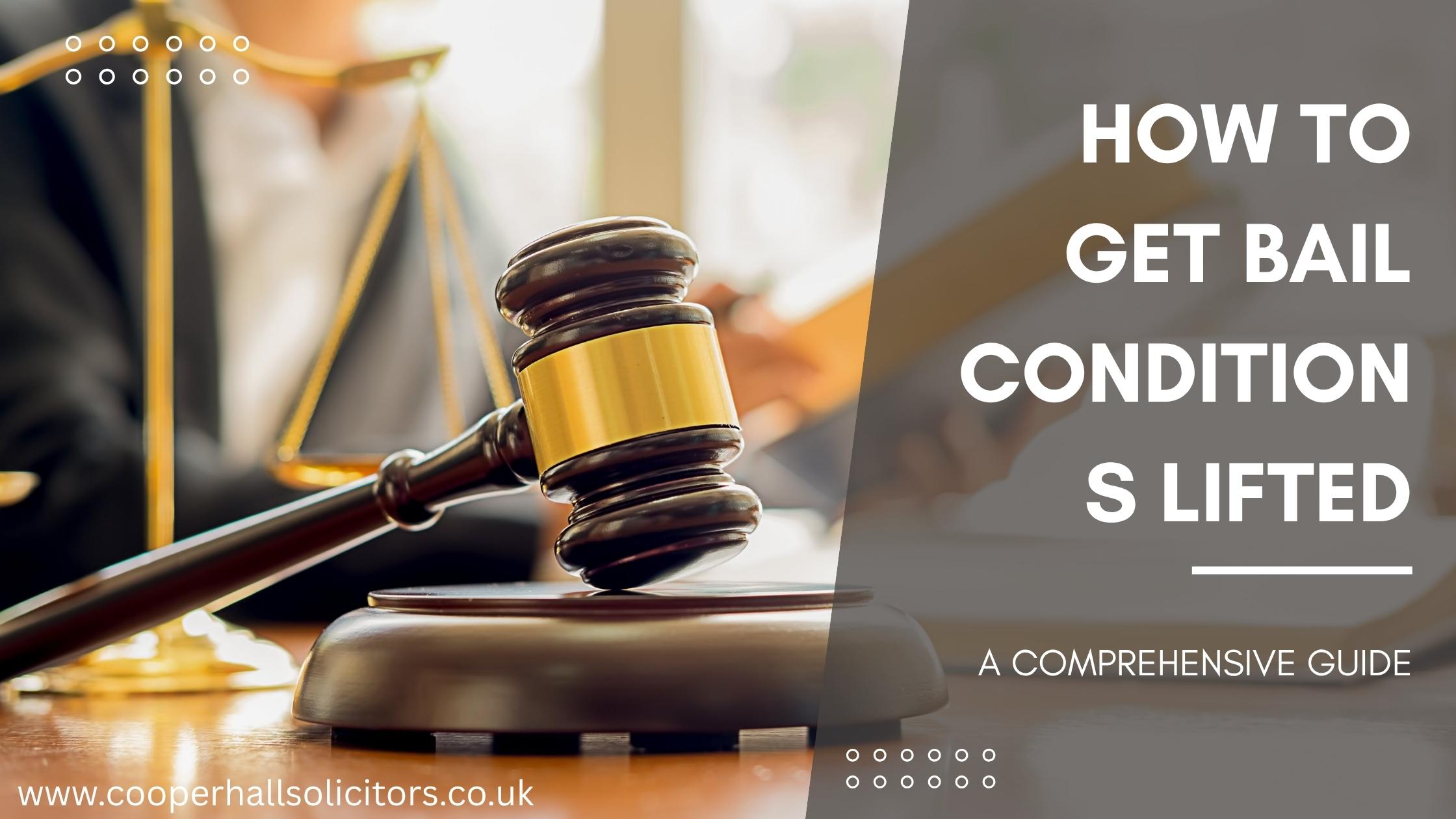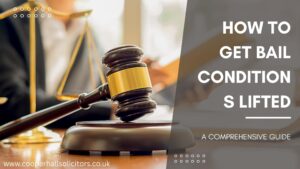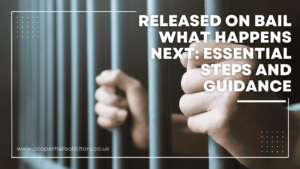Navigating the property market can be an exciting yet overwhelming experience, especially for first-time buyers or homeowners selling their property. Behind every successful property transaction lies a crucial process called land conveyancing—the legal transfer of property ownership from seller to buyer. If you’re not well-versed in this intricate process, you could encounter delays, hidden pitfalls, or even financial losses.
This guide will provide you with actionable insights and a step-by-step roadmap to confidently manage the conveyancing process. Whether you’re buying your dream home, investing in property, or passing property within your family, this guide breaks it all down to make real estate transactions less daunting.
What is Land Conveyancing?
Defining Land Conveyancing
Land conveyancing refers to the legal process of transferring property ownership from one party to another. This meticulous procedure ensures that the property is legally sound, free of disputes, and meets all regulatory requirements before transferring hands.
Key Stages of Land Conveyancing
The conveyancing process typically involves:
- Property Checks: Reviewing property titles and ensuring there are no hidden legal issues (e.g., ownership disputes or unpaid taxes).
- Drafting and Reviewing Contracts: Ensuring the terms of the deal are fair and clear to all parties involved.
- Conducting Legal Searches: Checking for potential risks, such as planning permissions, environmental hazards, or utility access rights.
- Exchanging Contracts and Completion: Finalizing the agreement and officially transferring ownership.
Every step requires precision and attention to detail, which is why hiring a solicitor for first-time buyer transactions or a specialised mortgage lawyer can make a massive difference in the success of the process.
In December 2024, the UK saw a 19% rise in residential property transactions compared to December 2023, with 96,330 transactions recorded. (GOV.UK)
The Role of a Solicitor in Conveyancing
Hiring an experienced solicitor is not just a benefit—it’s often essential for a smooth conveyancing process. Here’s how solicitors contribute to your property purchase:
Benefits of Hiring a Solicitor
- Expertise for First-Time Buyers: Solicitors guide first-time buyers through unfamiliar jargon and complex documentation, ensuring they understand every aspect of the transaction.
- Specialisation Matters: A conveyancing solicitor specifically focuses on property law, while a mortgage lawyer primarily handles financing agreements. Both roles are important but distinct.
- Efficient Processing: Solicitors ensure that necessary searches, inquiries, and paperwork are completed quickly and accurately to prevent unnecessary delays.
If you’re looking for fast conveyancing, working with a reliable solicitor is key. At Cooper Hall Solicitors, we specialise in both residential and commercial property conveyancing, providing personalised guidance tailored to each client’s unique needs.
Read More: Conveyancing 101: A Step-by-Step Guide to Buying or Selling Your Home
As of November 2024, the average UK house price was £290,000, reflecting a 3.3% annual increase. (GOV.UK)
Conveyancing Steps for First-Time Buyers
If this is your first time buying property, here’s a detailed look at the steps you’ll need to take:
Step 1: Initial Property Checks
Your solicitor will review the property’s title to ensure the seller has the legal right to sell the property and that there are no restrictions or encumbrances.
Step 2: Preparing and Reviewing Contracts
The seller’s solicitor will draft the initial contract. Your solicitor reviews it, highlighting any unfavourable clauses and negotiating terms when necessary.
Step 3: Conducting Searches and Enquiries
Searches include local area planning restrictions, environmental risks, and drainage systems. These inquiries help you understand any risks or constraints associated with the property.
Step 4: Finalizing the Sale
After contracts are exchanged, your solicitor manages the transfer of funds, ensures proper registration of ownership with local authorities, and handles any outstanding transactional requirements like Stamp Duty (if applicable).
Through these steps, your solicitor safeguards your interests and takes the stress out of the process. With an experienced first-time buyer solicitor on your side, you’ll feel more confident as you navigate the process.
December 2024 saw a 4% rise in non-residential property transactions compared to November 2024, totalling 9,850 transactions. (GOV.UK)
Navigating Legal Complexities in Land Conveyancing
Understanding Legal Requirements
Different property types (commercial, residential, leasehold, or freehold) come with varying legal requirements. Ignoring these could lead to disputes or compliance issues.
Resolving Title Disputes
Occasionally, properties may have unclear or contested ownership. Your solicitor will step in as your advocate, resolving these disputes quickly and professionally.
Adhering to Local Property Laws
Local regulations differ based on geographic location. A solicitor familiar with your area ensures full compliance with these regional requirements.
At Cooper Hall Solicitors, we specialise in resolving complex property disputes and providing clear solutions to even the most challenging legal issues.
Read more: First-Time Buyer’s Complete Guide to Successful Conveyancing

Cost Considerations and Financial Steps
Estimating Conveyancing Fees
Typical conveyancing fees cover legal work, searches, and additional disbursements (e.g., Stamp Duty or Land Registry fees). These costs will vary depending on the property value and location.
Preparing Funds for Closing Costs
Ensure you’re financially prepared for additional expenses such as valuation fees, deposit payments, and mortgage arrangement fees.
When Will Mortgage Funds Be Requested?
Your solicitor will arrange for your mortgage lender to release the funds in advance of the completion date, ensuring a smooth transaction. By hiring a trusted solicitor or a knowledgeable mortgage lawyer, you can avoid unexpected delays and simplify the funding process.
Tip: Always choose a solicitor who provides transparent pricing. At Cooper Hall, we offer fixed-fee options so you can budget effectively.
The number of active conveyancing firms in the UK decreased by 9% in 2024 compared to 2022, with significant declines in firms handling more than 100 transactions annually. (LPM)
How to Choose the Right Solicitor
With so much at stake, choosing the right solicitor could make or break your property transaction. Here’s how to find the perfect fit:
Key Qualities to Look For
- Experience in Property Law: Ensure they specialise in conveyancing.
- Strong Track Record: Look for positive reviews and client success stories.
- Reliability and Communication: A solicitor who keeps you updated is invaluable.
Questions to Ask
- How will you communicate updates about my case?
- What is included in your fees? Are there any additional charges?
- How many property transactions have you handled in the past year?
At Cooper Hall Solicitors, we pride ourselves on personalised, stress-free customer support and decades of experience in real estate legal services.
Learn more about why our clients trust Cooper Hall for their conveyancing needs.
Common Challenges and How to Overcome Them
Delays in the Process
Unanticipated delays can occur due to incomplete documents, legal queries, or slow responses from other parties. Regular check-ins with your solicitor can help avoid these roadblocks.
Unclear Boundaries or Title Issues
Surveyor reports can help clarify unclear boundaries, and experienced solicitors resolve title issues swiftly.
Unexpected Legal Complications
Whether it’s a misrepresentation in the sale or hidden fees, a skilled solicitor will ensure you’re protected against surprises.
Pro Tip: Start early and stay organised. Gathering documents in advance can prevent last-minute complications.
Final Thoughts
Land conveyancing is a critical part of any property transaction, and navigating it successfully requires knowledge, preparation, and expert guidance. By understanding the key stages, finding the right solicitor, and preparing for potential obstacles, you can approach your real estate transaction with confidence.
At Cooper Hall Solicitors, we go beyond the basics of conveyancing, offering personalised, efficient support tailored to your circumstances. Whether you’re buying or selling, our experienced team ensures a smooth transaction from start to finish.
Contact Cooper Hall Solicitors today for expert conveyancing support and make your property transaction stress-free
Schedule a Visit
FAQs
It’s not legally required, but a solicitor helps ensure all legal aspects are handled correctly, preventing potential issues or delays.
Contact a solicitor, agree on fees, provide the necessary property and ID documents, and confirm that you’d like them to handle the transaction.
Typically, solicitors request mortgage funds from the lender several days before the agreed completion date to ensure the money is available on time.
Solicitors usually request the funds from the lender shortly before completion, ensuring everything is in place for the final transaction.
A solicitor manages legal checks, drafts contracts, conducts property searches and ensures the transaction complies with all laws and regulations.
enquiries@cooperhallsolicitors.co.uk











